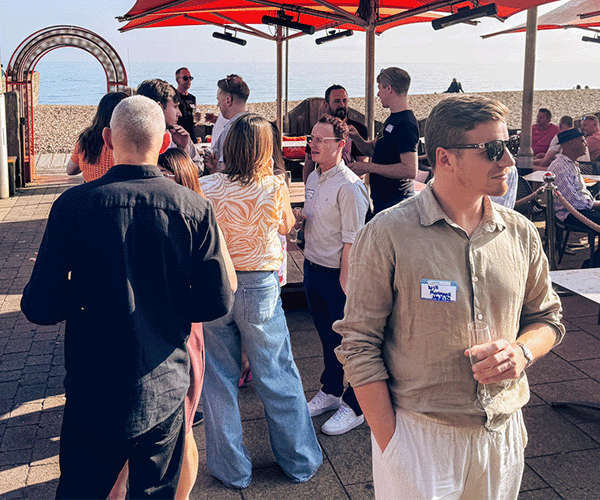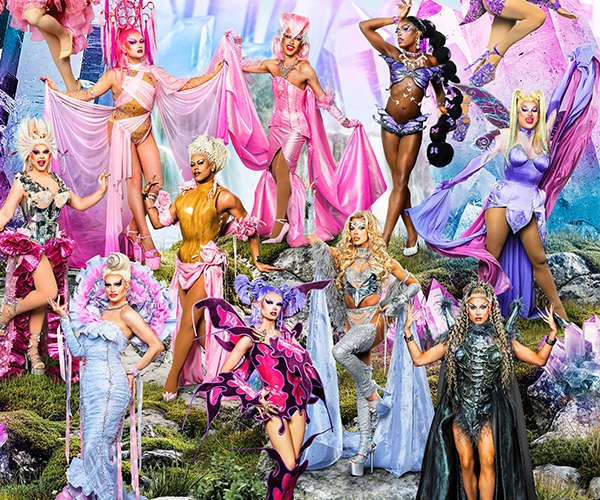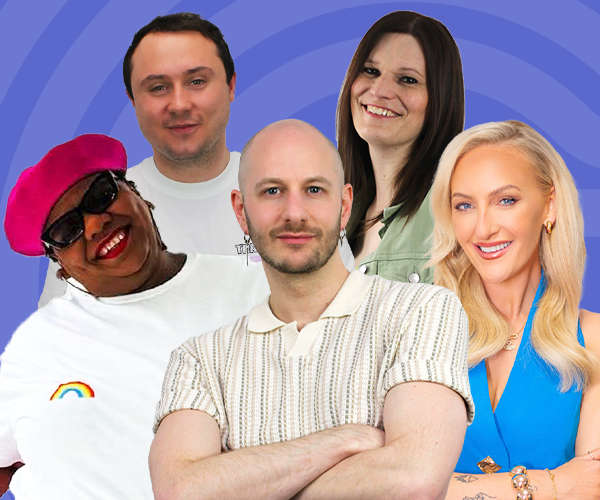16 Black Queer trailblazers who shaped history
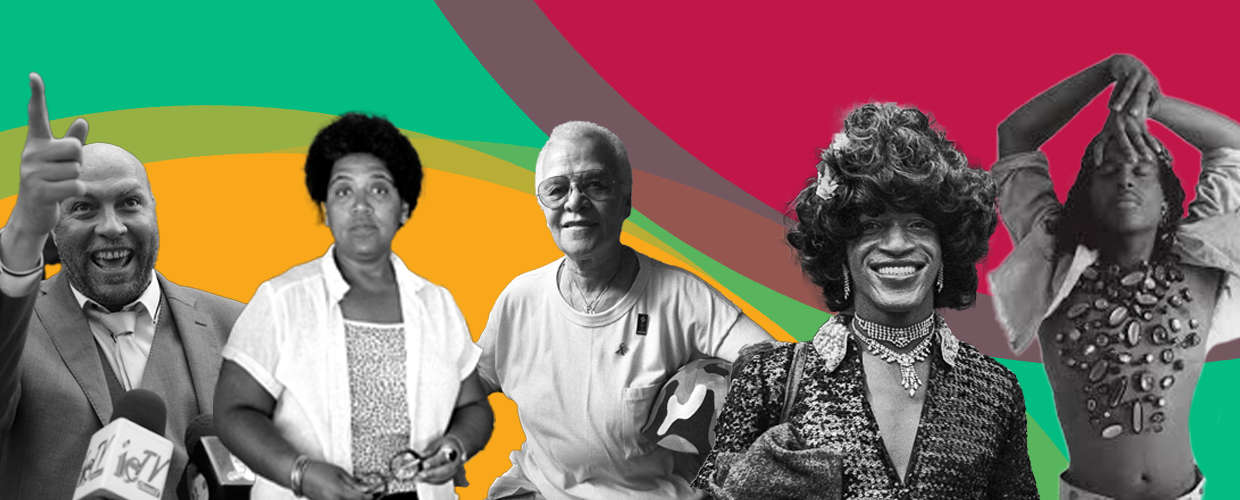
This Black History Month, we’re honoring the Black queer legends and allies who paved the way — the activists, artists, fighters, and lovers who lived boldly, even when the world told them not to.
From ballroom to blues, protests to poetry — these are the voices that changed culture, saved lives, and made space for all of us to be free.
Stormé DeLarverie (1920-2014)
Stormé DeLarverie was a lesbian performer, drag king, and activist whose life embodied defiance, style, and community care. She is often credited by herself and eyewitnesses as the woman whose scuffle with police helped spark the Stonewall uprising in 1969.
As a drag king and MC, Storme brought visibility to gender nonconformity long before it was widely recognized. Offstage, her tailored suits and short hair made her an icon, even catching the eye of photographer Diane Arbus, who immortalized her in a famous portrait.
Stormé faced challenges as a mixed-race lesbian in mid-20th-century America. Yet she transformed these struggles into action, serving as a “guardian of the gay village” in New York’s queer community.
Her legacy lives on as a reminder that queer liberation is built not only on public activism but also on everyday acts of courage and care. Stormé DeLarverie remains a beloved figure of Stonewall and a trailblazer who embodied the strength and resilience of butch identity.
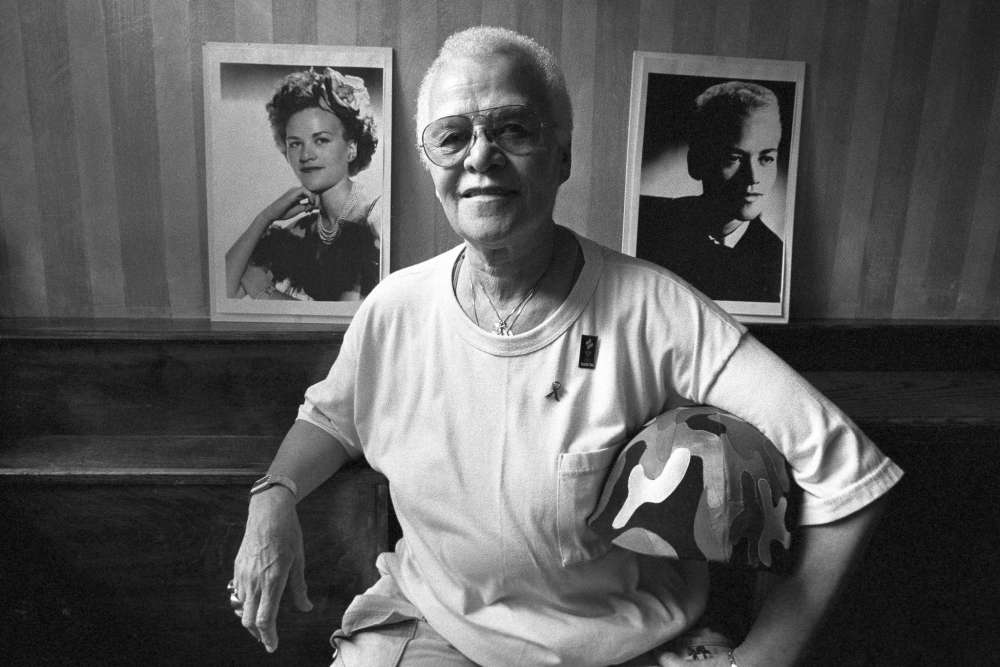
James Baldwin (1924-1987)
James Baldwin was a novelist, essayist, and activist whose sharp insight into race, sexuality, and identity made him one of the most important voices of the 20th century.
Baldwin became a central figure in the civil rights movement of the 1960s and counted Martin Luther King Jr. and Malcolm X among his contemporaries.
His works—such as Go Tell It On The Mountain, Giovanni’s Room, and If Beale Street Could Talk—challenged America to reckon with racism, injustice, and sexual oppression. His novels and essays gave voice to realities often denied or ignored, and Giovanni’s Room in particular was groundbreaking for its portrayal of homosexuality, published long before the gay liberation movement.
Baldwin resisted labels for his sexuality but wrote openly about love between men, queer desire, and gender fluidity, insisting on the humanity of those marginalized.
His legacy continues through the enduring power of his writing, which remains essential to conversations about race, queerness, and justice. Works like If Beale Street Could Talk—adapted into an award-winning film by Barry Jenkins—prove Baldwin’s impact still shapes culture today, while his essays fuel movements for liberation across generations.
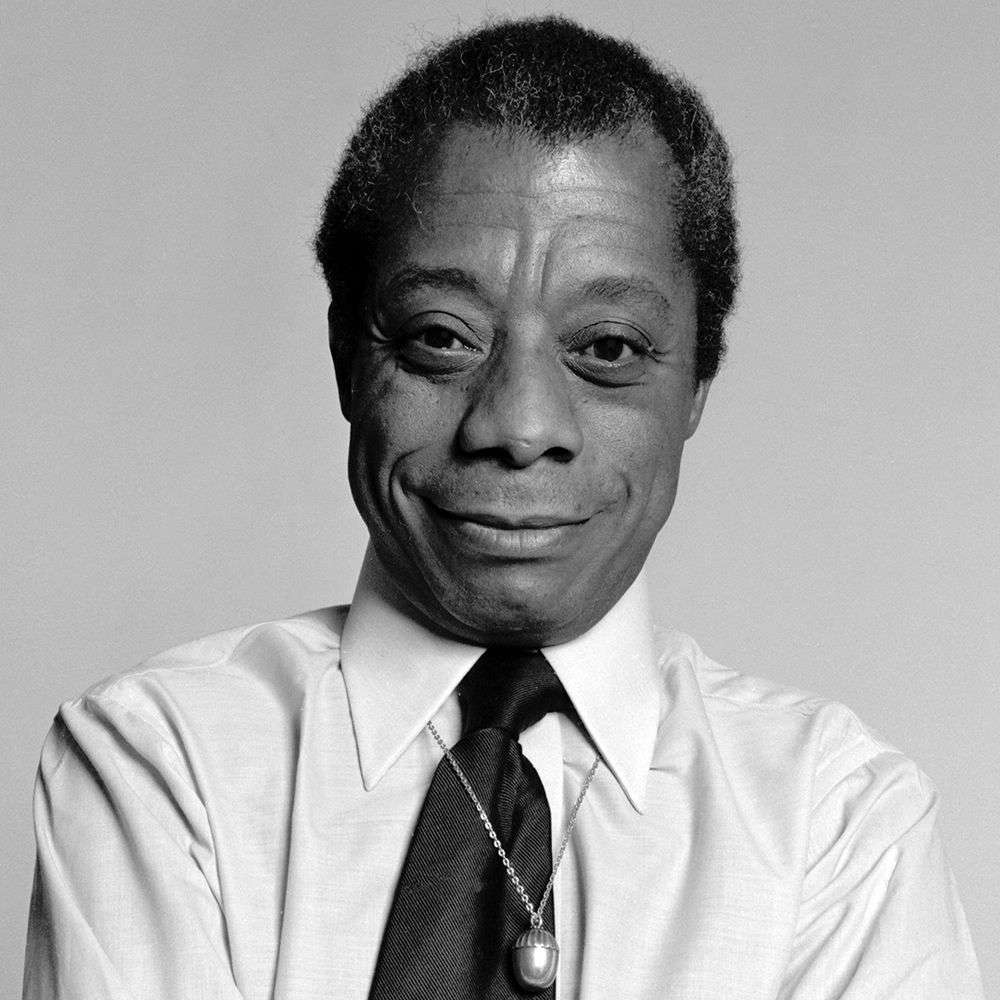
Audre Lorde (1934-1992)
Audre Lorde was a poet, essayist, and activist whose words reshaped feminist and queer movements. Through works like Zami: A New Spelling of My Name and The Cancer Journals, she wrote unapologetically about race, gender, sexuality, illness, and the power of self-definition.
She refused to let feminism remain narrow or exclusive. As a Black lesbian woman, she called on movements for justice to embrace intersectionality long before the term was popularized, insisting that ignoring difference only perpetuated oppression.
Lorde faced challenges as a woman of color, a lesbian, and later, as a person living with cancer—yet she transformed these struggles into sources of strength and truth. She declared herself a “Black, lesbian, mother, warrior, poet,” integrating all her identities into her activism and art.
Her legacy endures as a guiding force for activists, writers, and thinkers across generations. Audre Lorde’s work continues to inspire the fight against racism, sexism, homophobia, and ableism, urging us to transform silence into language and action.
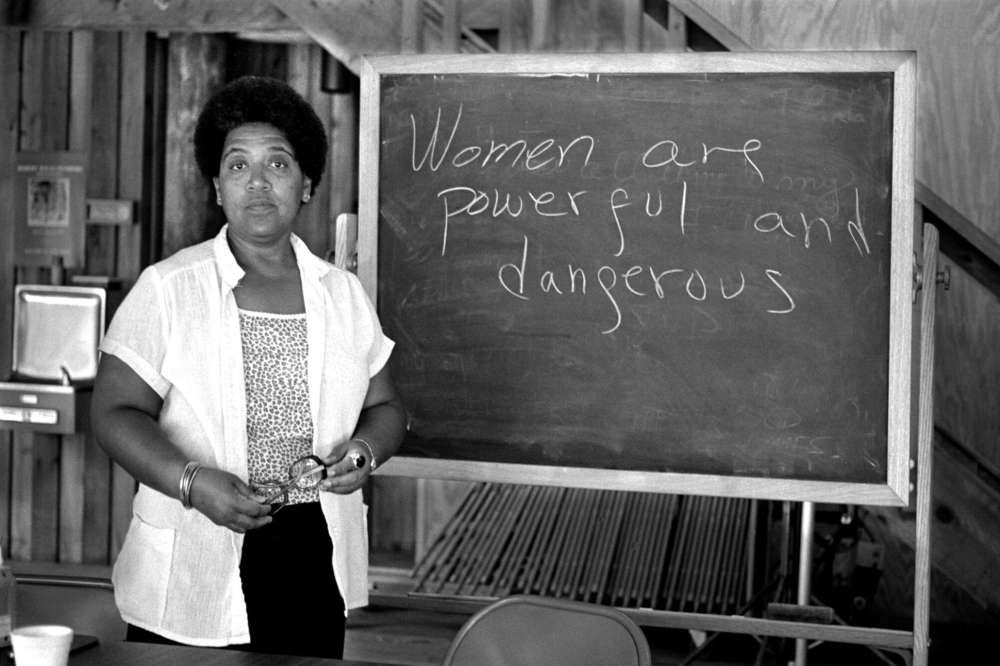
Miss Major Griffin-Gracy (1940-)
Miss Major Griffin-Gracy is a Black trans activist and Stonewall veteran whose lifelong work has championed the rights of transgender and incarcerated people.
She matters because she has fought tirelessly for trans justice, from supporting her community during the AIDS epidemic to leading the Transgender Gender Variant Intersex Justice Project, advocating for the rights and dignity of trans people behind bars.
Despite facing incarceration, systemic discrimination, and societal marginalization, Griffin-Gracy has transformed her experiences into advocacy, standing for justice, visibility, and care for those often overlooked.
Her legacy endures in the protections, services, and hope she has created for transgender communities, and her story continues to inspire generations of activists today.
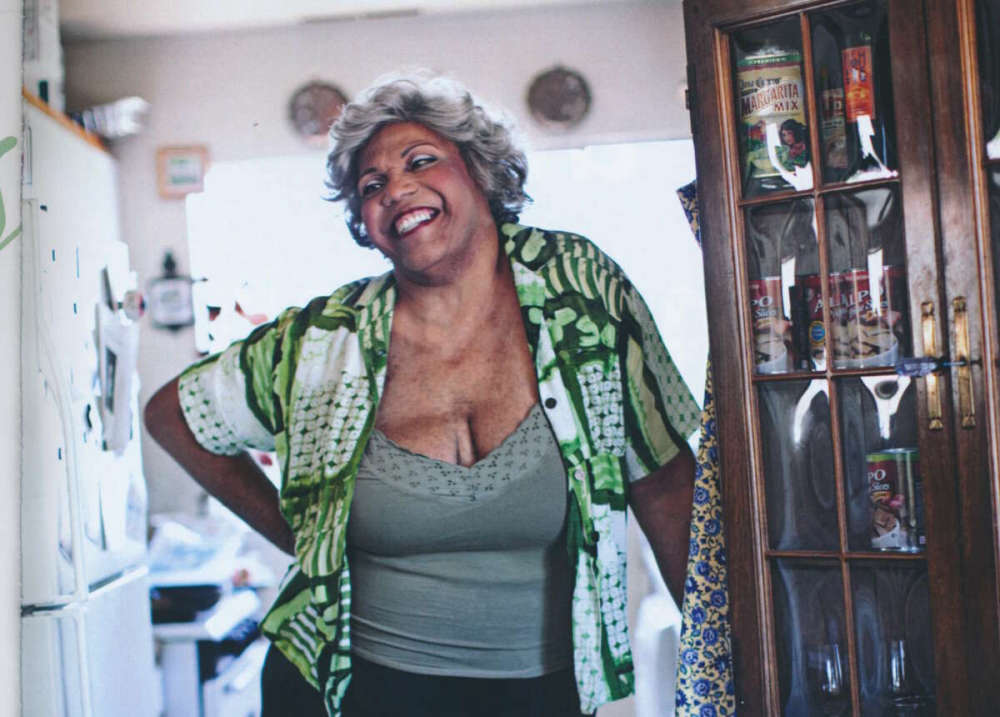
Barbara Smith (1946-)
Barbara Smith is a Black lesbian feminist, scholar, and activist who co-founded the Combahee River Collective in the 1970s, a group that transformed feminist thought by centering the experiences of Black women and lesbians.
She expanded the boundaries of feminism to include race, class, and sexuality—challenging a movement that too often overlooked women of color. Smith and the Collective articulated the concept of identity politics, recognizing that overlapping aspects of identity create unique forms of oppression and must be addressed together.
Smith’s legacy endures in the language and frameworks activists use today. Her pioneering work on intersectionality, community, and liberation continues to shape feminist and queer movements, reminding us that justice must be inclusive of all identities.
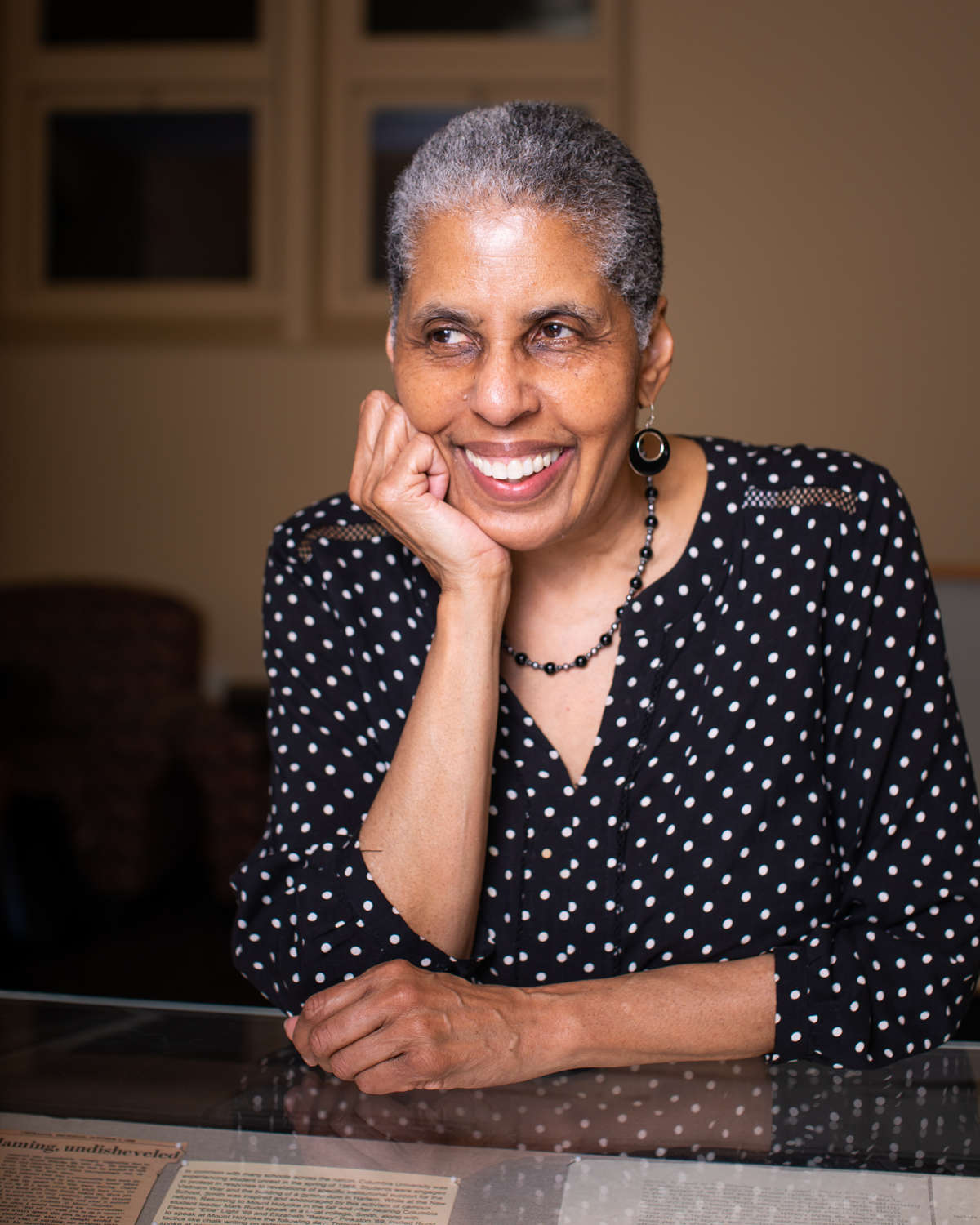
Marsha P Johnson (1945-1992)
Marsha P. Johnson was one of the most prominent figures in the gay rights movement of the 1960s and 70s in New York City. A drag performer and activist, she described herself as a gay person, a transvestite, and a drag queen, and lived openly using she/her pronouns at a time when doing so meant constant risk.
She is best known for being on the front lines of the Stonewall uprising. In the early morning of June 28, 1969, police raided the Stonewall Inn and began arresting patrons. When Johnson arrived around 2 a.m., the riots were already underway, and Johnson joined the resistance against police brutality. Like many trans women and gender-nonconforming people, she felt she had nothing to lose—her rage and courage helping ignite a movement that would transform LGBTQ+ history.
Her legacy continues when in 1970, herself and her close friend Sylvia Rivera founded STAR (Street Transvestite Action Revolutionaries), creating housing and support for transgender and homeless youth rejected by their families.
Remembered as one of the mothers of Stonewall, Marsha’s life continues to inspire activists around the world to center trans people, people of colour, and the most marginalized in the fight for justice.
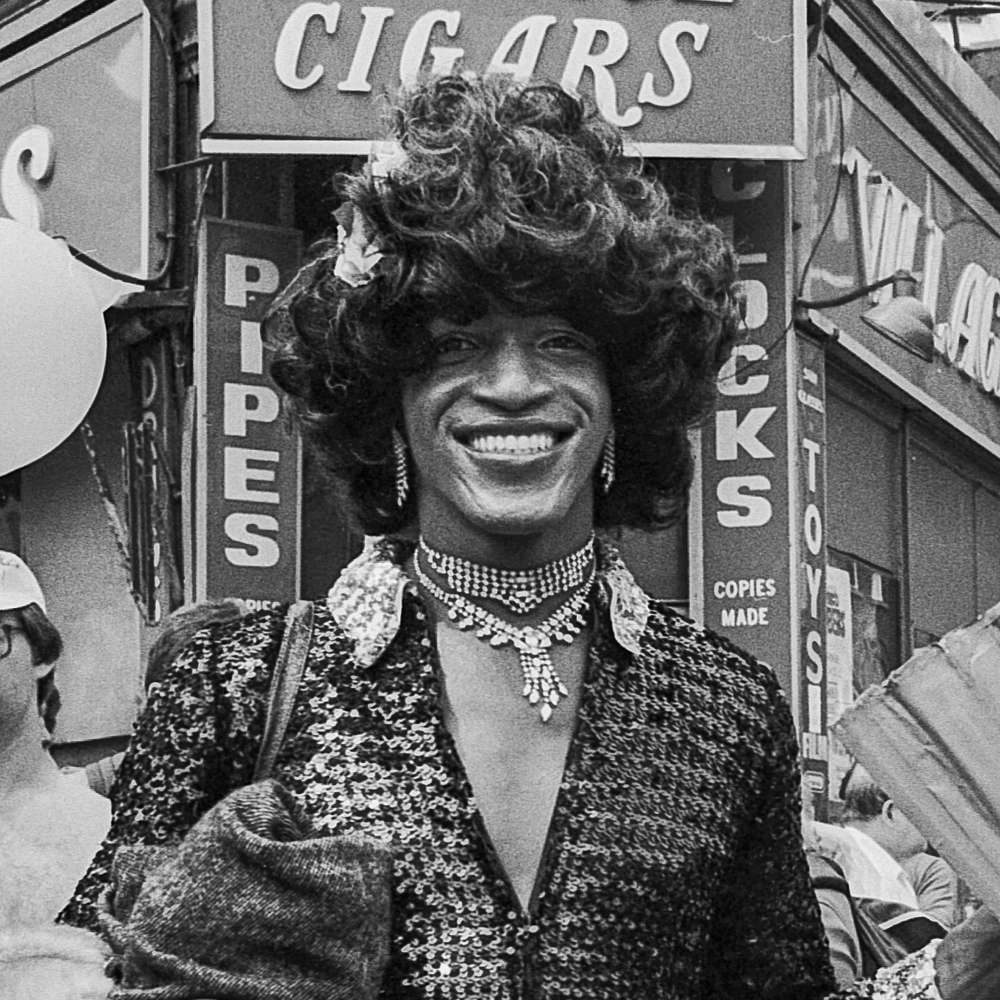
Sylvester (1947-1988)
Sylvester was a flamboyant, gender-bending disco singer of the 1970s and 80s, best known for the anthem You Make Me Feel.
Dubbed the “Queen of Disco,” Sylvester made space for Black queer visibility in mainstream music and became a beloved figure in San Francisco, where he was awarded the key to the city.
Sylvester faced challenges as an openly gay, gender-nonconforming Black man in the music industry, but he refused to hide who he was. Later in life, he became an outspoken AIDS activist, using his platform to advocate for awareness during the height of the epidemic.
His legacy endures in disco, dance, and queer culture. Posthumously inducted into the Dance Music Hall of Fame in 2005, his music and activism remain symbols of joy, resistance, and unapologetic self-expression.
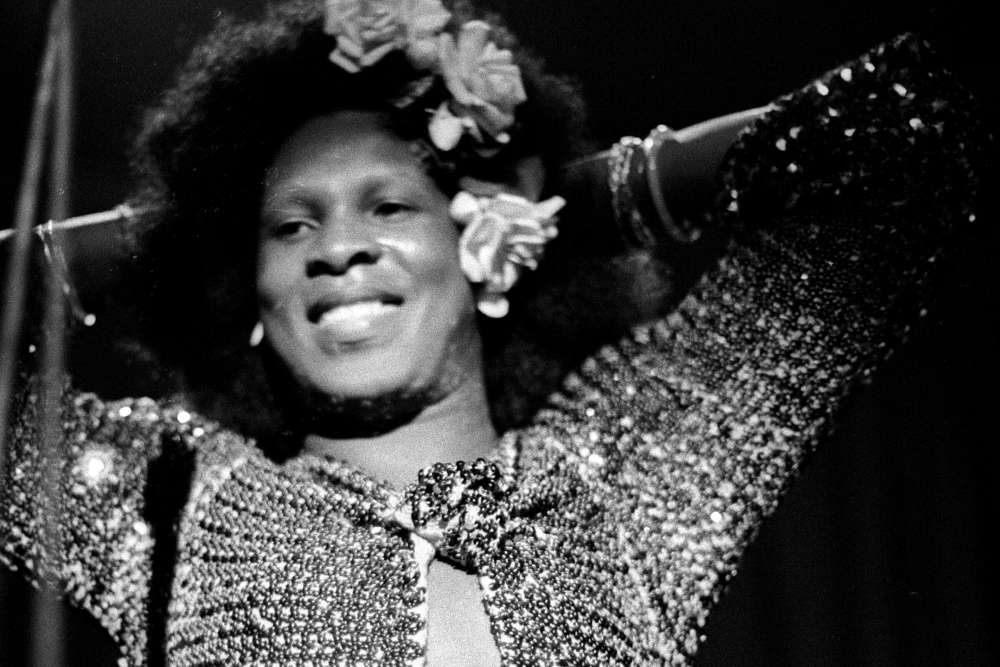
Essex Hemphill (1957-1995)
Essex Hemphill was an American Black gay poet, essayist, and activist who became a central figure in the Black gay and lesbian literary renaissance of the 1980s and 90s.
His work gave voice to the struggles of being Black, gay, and young during the height of the AIDS epidemic. Through searing critiques of homophobia and sexism within Black communities and racism among white gay men, he exposed how oppression can be perpetuated across identities.
His writings captured the anger, grief, and resilience of a generation living through crisis.
His legacy lives on in his appearances in groundbreaking films as well as anthologies such as In The Life and Brother to Brother. Though Hemphill died in 1995 of AIDS-related illnesses, his voice still challenges us to confront racism, homophobia, and the complexities of identity in our movements for justice today.
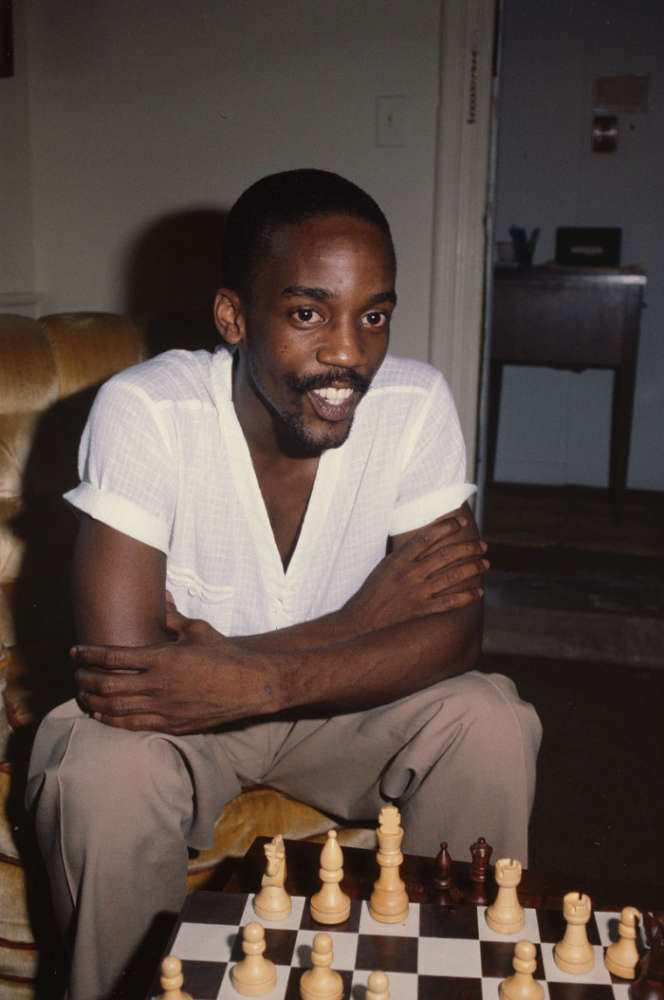

Willi Ninja (1961-2006)
Willi Ninja was a legendary dancer and choreographer, celebrated as the “Godfather of Vogue.” He rose to prominence in the 1980s New York ballroom scene and became widely known after his groundbreaking appearance in the documentary Paris Is Burning (1990).
In 1982, he founded the House of Ninja, a chosen family that provided support and safety for queer and trans youth, and it remains active today.
Despite facing the challenges of being a queer Black man in a society hostile to both his identity and his art form, he brought ballroom culture into the mainstream, inspiring Madonna’s “Vogue,” appearing in Janet Jackson’s music videos, and modeling for designers like Jean-Paul Gaultier.
Today, Willi Ninja is remembered as a cultural icon whose legacy continues to inspire performers and activists, celebrating Black LGBTQ+ joy, resilience, and artistry.
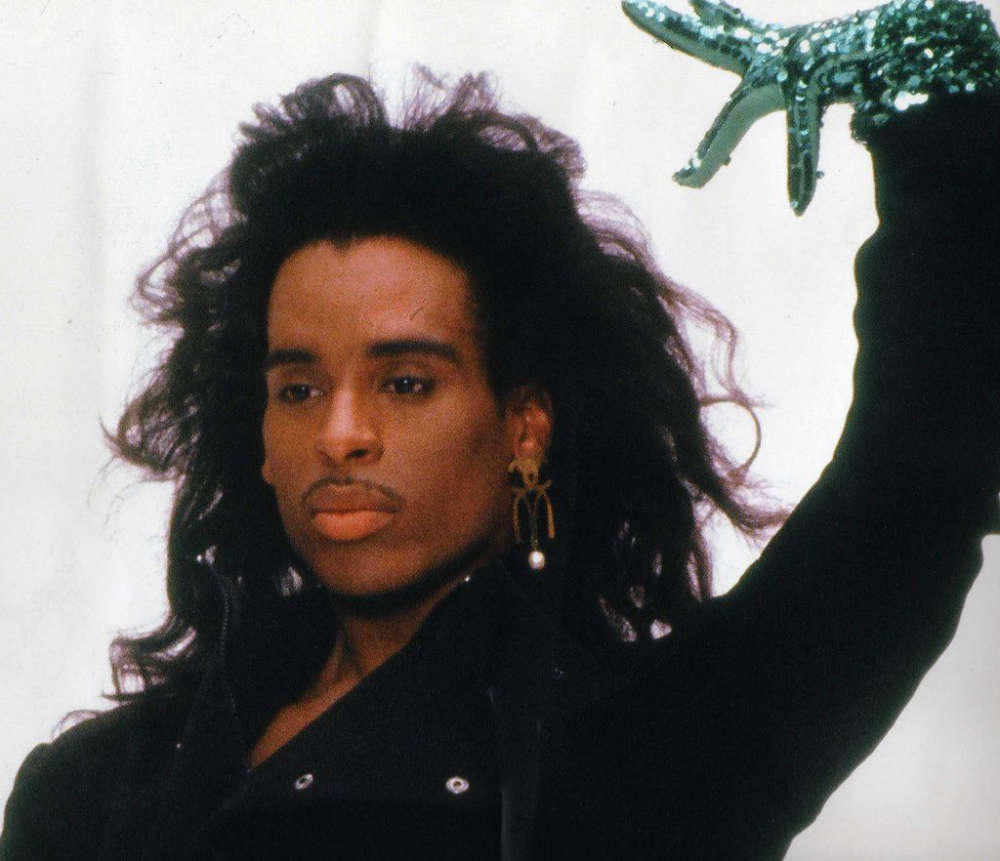
Rikki Beadle-Blair (1961-)
Rikki Beadle-Blair is a British writer, director, actor, and activist whose work has centered queer and Black stories on stage and screen for decades. He is best known for creating and starring in the groundbreaking Channel 4 series Metrosexuality (2001), which portrayed diverse LGBTQ+ characters and family life in London with warmth, humor, and authenticity.
He has consistently used art to make space for queer and Black narratives in industries that often marginalize them. Through his plays, films, and television projects, Beadle-Blair has championed representation and visibility, ensuring that queer characters of color are seen as complex, joyful, and fully human.
Rikki has faced the challenge of working in an industry that has historically excluded both Black and LGBTQ+ creators, yet he has turned those barriers into fuel for creativity. Beyond his own productions, he has mentored hundreds of young LGBTQ+ and BIPOC artists, building pathways for the next generation of storytellers.
His legacy is still unfolding, but already clear: Beadle-Blair has reshaped British queer culture through art, activism, and mentorship. His bold storytelling continues to inspire, proving that representation is not only powerful but necessary for liberation.
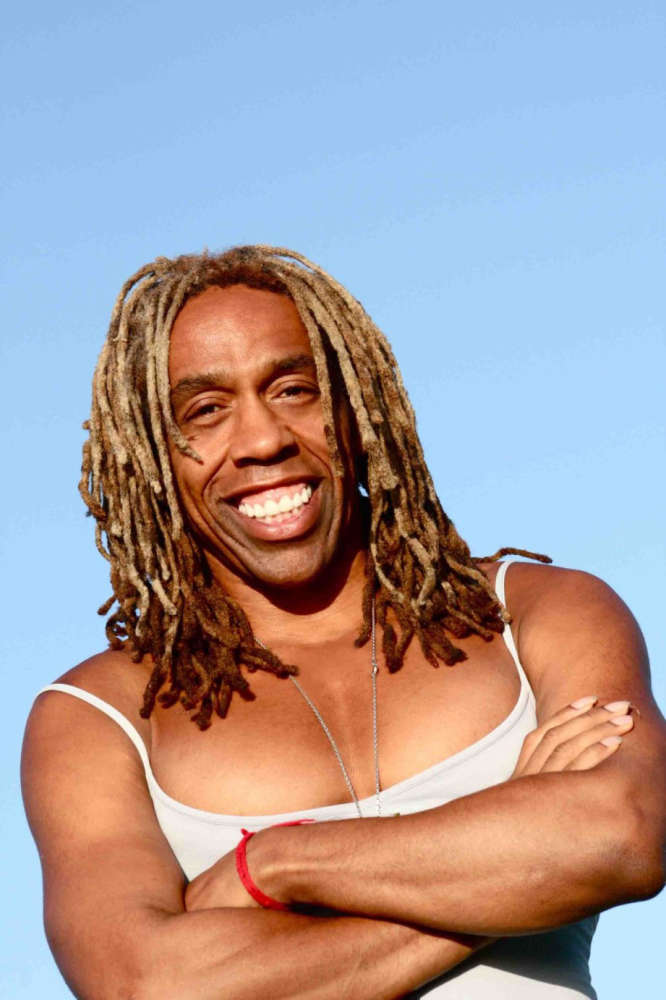
Jason Jones (1964-)
Jason Jones is a Trinidadian-born queer activist who has spent decades fighting for LGBTQ+ rights in the UK and the Caribbean. Outed at 19 and forced into exile, Jason moved to London in 1985, where he joined protests against Section 28 alongside figures like Ian McKellen and Lord Cashman.
In the 1990s, Jones successfully lobbied for UK immigration rights for same-sex partners. Returning to Trinidad in 2012, he led a landmark case that struck down colonial-era anti-gay laws in 2018—a historic win for global LGBTQ+ rights.
After the ruling was overturned in 2025, Jones vowed to continue the fight at the Privy Council.
His life’s work stands as a testament to resilience, visibility, and justice for LGBTQ+ people of colour.
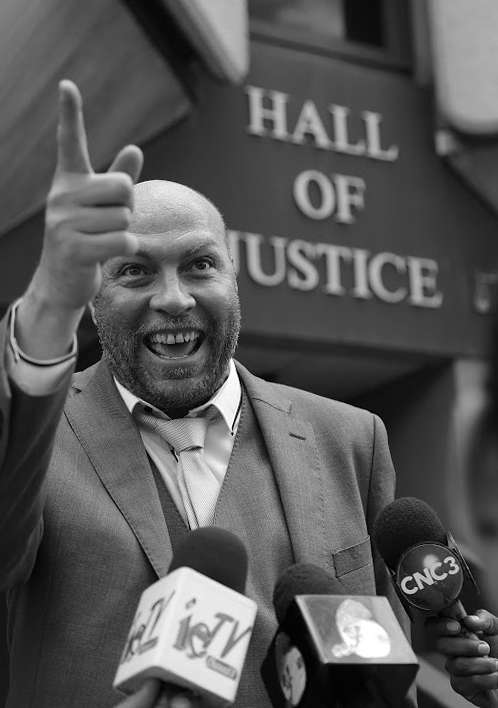
Marc Thompson (1969-)
Marc Thompson is a Black queer activist who has been living with HIV since 1986.
Marc has spent over 30 years at the forefront of HIV activism and prevention in the UK, advocating for Black and queer communities and challenging stigma around the disease.
He has held key roles at organisations such as the NHS, Terrence Higgins Trust, Gay Men Fighting Aids, and Positively UK. He also co-directs The Love Tank CIC to support the wellbeing of underserved communities.
His legacy also includes co-curating the digital archive ‘Black and Gay, Back in the Day’, which documents Black LGBTQ+ life in Britain since the 1970s, and hosting the podcast We Were Always Here, preserving and amplifying the voices of those impacted by the UK HIV epidemic.
Today, Marc continues to educate, inspire, and advocate for equity, health, and community empowerment.
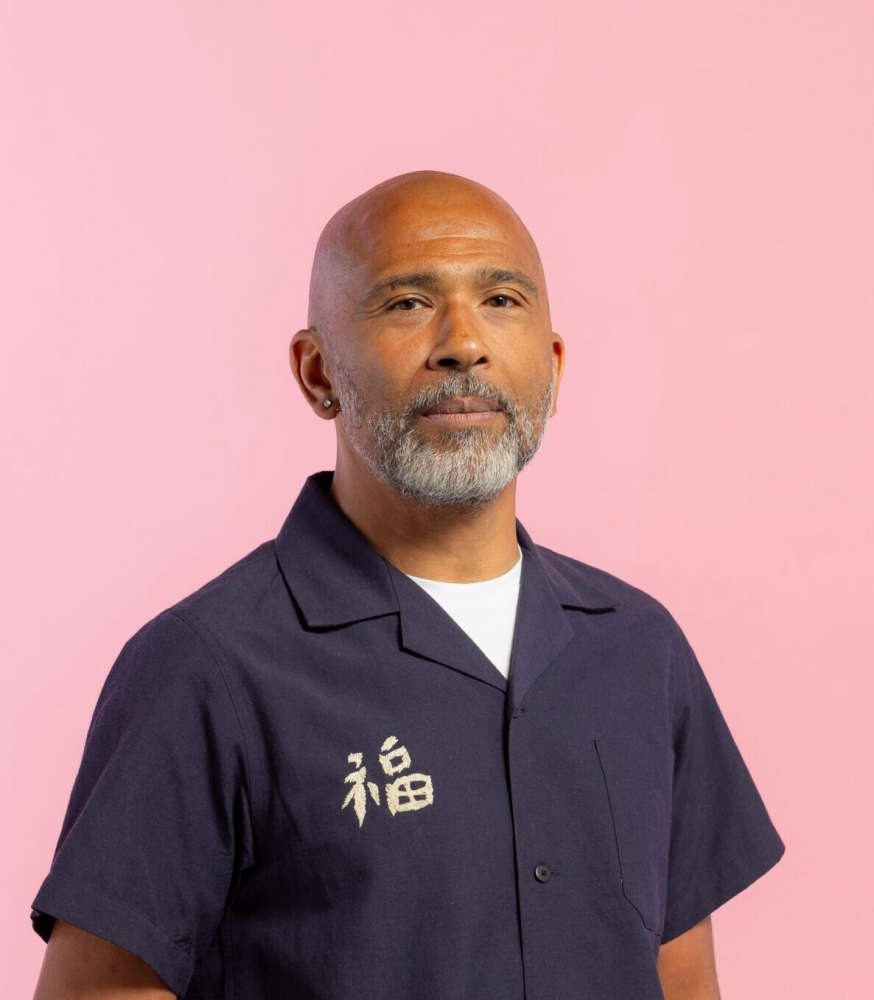
John Amaechi (1970-)
John Amaechi is a former NBA player, psychologist, and public speaker whose decision to come out as gay in 2007—four years after retiring—marked a historic moment in professional sports.
His choice to live openly challenged stereotypes in athletics and sparked wider conversations about homophobia in sports. Amaechi proved that authenticity and excellence could coexist in arenas long dominated by silence and stigma.
Post-retirement, Amaechi has transformed this struggle into strength, pursuing a PhD in psychology and dedicating his career to improving human performance, resilience, and inclusion.
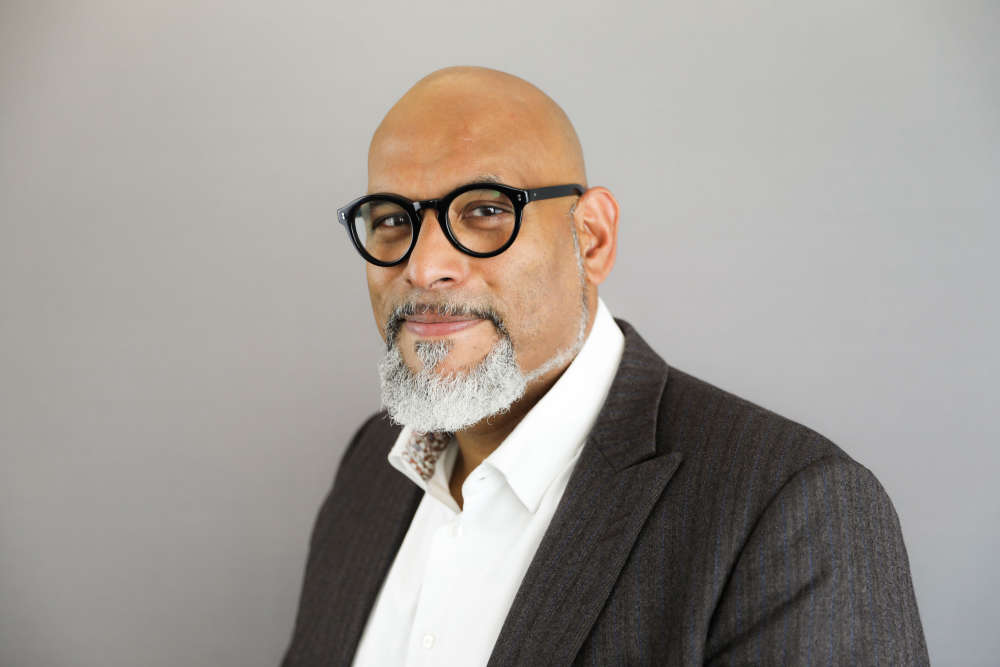
Lady Phyll (1974-)
Lady Phyll is a Black UK LGBTQ+ activist and community organiser, best known as the co-founder of UK Black Pride, now the world’s largest celebration for LGBTQ+ people of African, Asian, Caribbean, Middle Eastern, and Latin American descent.
The idea for UK Black Pride began in 2005 after a seaside trip to Southend-On-Sea with fellow queer Black women from the group BLUK, where they experienced a powerful sense of community. This inspired her to build a London-based event centered on joy, visibility, and solidarity.
Under her guidance, UK Black Pride has grown from gatherings of a few hundred to annual celebrations attended by thousands, all free to participate in.
Her legacy continues to resonate today, not only through UK Black Pride but also through the wider visibility and recognition of Black queer lives in the UK.
In 2018, a miniature statue of Lady Phyll was created to help increase representation of non-royal, non-fictional women in public art—a symbolic tribute to her enduring impact.
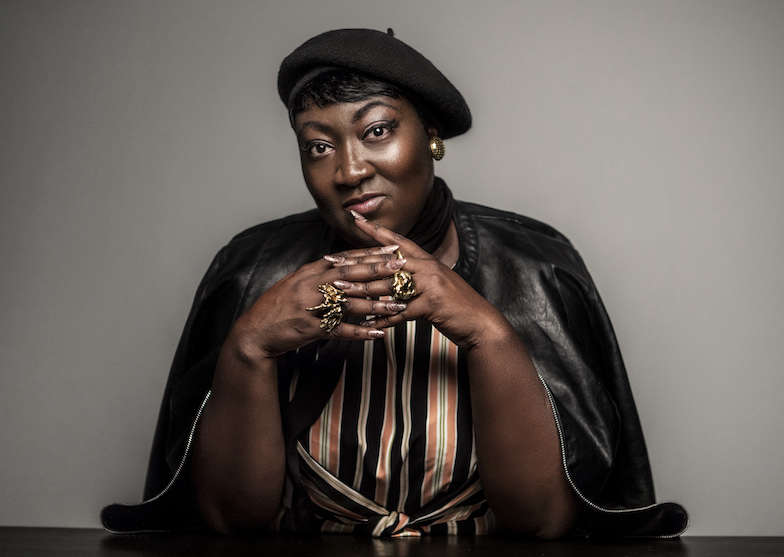
Kenny Ethan Jones (1994-)
Kenny Ethan Jones is a Black British trans activist, model, and writer who made history as the first trans man to front a period campaign. By breaking taboos around menstruation and masculinity, he brought visibility to trans experiences often left out of mainstream conversations.
Jones has become a powerful voice in challenging how society views gender, race, and health, advocating for inclusive education and representation for trans people of colour.
Jones has spoken openly about body image, dysphoria, and resilience. His 2018 campaign with Pink Parcel was a watershed moment that sparked global conversations about who menstruates and why inclusive representation matters.
Beyond modelling, Jones continues to use his platform to educate, write, and inspire, making him a leading figure in the fight for trans visibility and racial equity. His work ensures that future generations of queer and trans youth see themselves reflected with dignity and pride.
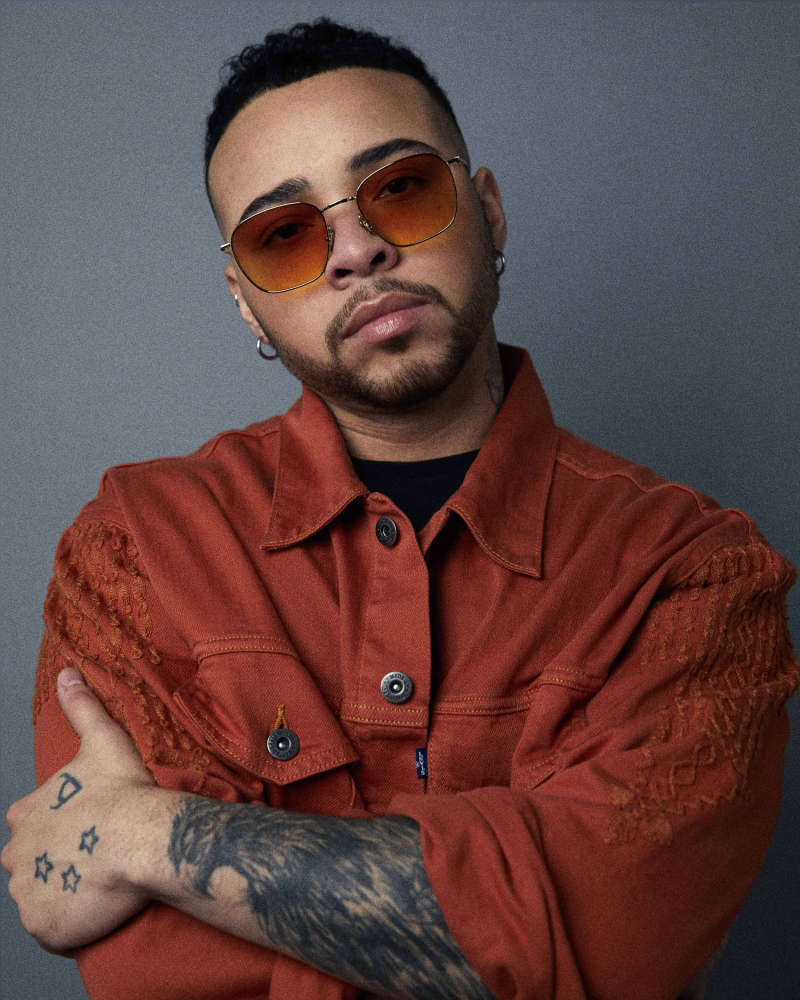
Campbell X
Campbell X is a Black transgender writer, director, and filmmaker whose work centers queer stories and experiences within urban communities. They are best known for directing the award-winning queer urban romantic comedy feature film STUD LIFE, which was named by The Guardian as one of the 10 most important Black UK films of the last 40 years.
They matter because they bring visibility to Black queer and trans experiences in the UK, a perspective often overlooked in mainstream media. Through films like STUD LIFE, the short DES!RE, and the documentary VISIBLE—which headlined the Scottish Queer Film Festival in 2018—Campbell X challenges stereotypes and tells stories that celebrate the complexity, joy, and resilience of LGBTQ+ communities.
Campbell X navigates the dual challenges of racism and transphobia in the film industry, using their platform to elevate marginalized voices and to create authentic representation for queer people of color. Their work blends social commentary with humor, romance, and everyday life, offering audiences stories that are both relatable and revolutionary.
Their legacy continues to grow as a pioneering Black trans filmmaker in the UK, inspiring emerging artists and affirming the importance of queer representation in cinema.

Throughout this Black History month, Gaydio will be sharing the stories of these 16 trailblazers on air throughout our “black queer legacies and allies” series. Tune in to hear their legacies in their own words.
FEATURED
Gaydio Replay
-
 Hed Kandi (18th October)
Hed Kandi (18th October)in the mix
-
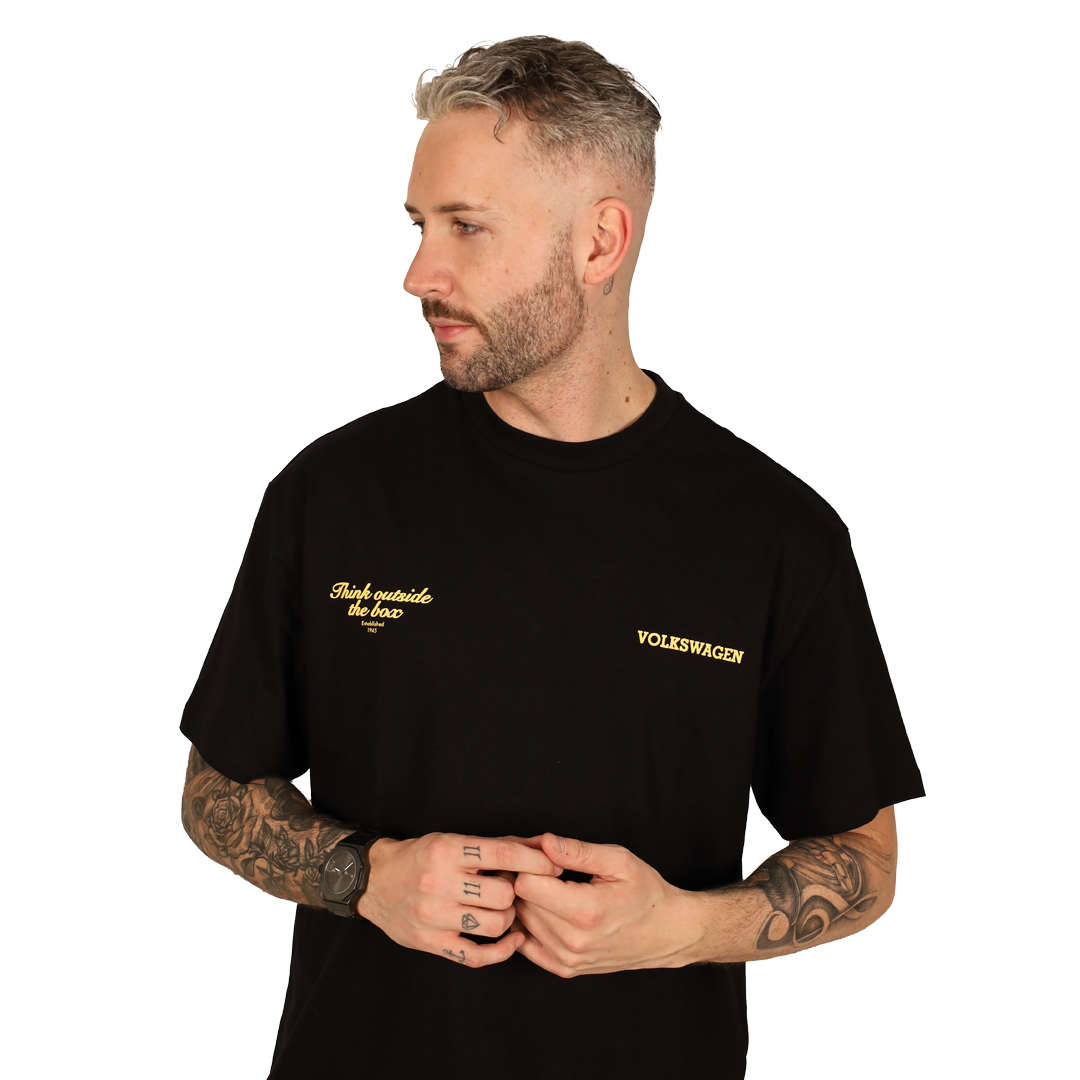 WILES (18th October)
WILES (18th October)in the mix
-
 Tough Love (18th October)
Tough Love (18th October)in the mix
